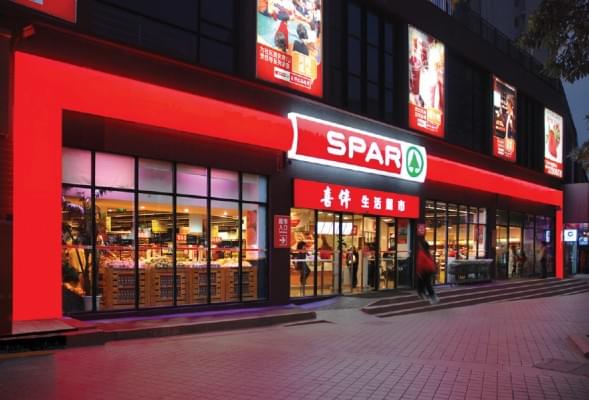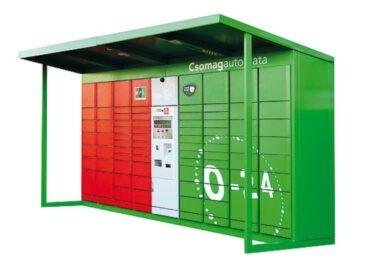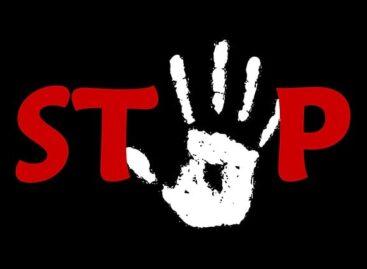Magazine: World Retail Congress in Berlin, part 2
On the third day of the congress I went to section ‘C’ to listen to the presentations of Dr Gordon Campbell, president-CEO of Spar International and John Blackburn, vice president of IBM global business services. The latter spoke about how consumers took over the controlling of the market: they are the ones who define the directions of shopping in the future. Shopping is becoming possible practically everywhere and at the same time it is deconstructing (shoppers can easily choose the type of retail channel they wish to use). Shopping will be characterised by real time information and cooperation. Retailers are going to involve consumers in their decisions, for example when deciding about the product assortment. Dr Campbell emphasised that even the consumers of developed countries are stressed out because they have to cope with complicated economic conditions. A social crisis is taking place and the FMCG sector is suffering from the fact that there is no political leadership in this crisis period. He told that consumer behaviour is different all over the world. Consumer opinion about value, price and quality is different on different markets and the technology is available for retailers to gather all kinds of data. Those who do it well will be the winners of the future. Dr Campbell pointed out that food is a more complicated product than other goods as retail is carried out in various channels and consumers buy food products in different ways. Spar does its best to meet diverse consumer demand, for example there is a café in their latest unit in Moscow because Russian buyers like it and they also regularly organise in-store cooking shows, with great success. Another example of diversity is that they opened supermarket in Windhoek, Namibia which attracts buyers from hundreds of kilometres. In South Africa 600-700 Spar stores are operated by independent retailers. These are usually small shops which people like because they get local products via a global concept. Last year Spar’s sales expanded by 4.5 percent and was at EUR 29.8 billion, becoming the world’s 20th food retail company and 9th in Europe. This sales growth was the result of aggressive expansion in new countries and regions. On new and emerging markets Spar hypermarket is the fastest growing retail channel. 285 Spar hypermarkets and Interspar stores generate 14.3 percent of the company’s global retail sales. Carrefour is the second biggest retailer in the world behind Wal-Mart. The French company is looking for expansion opportunities with a new store format. Their objective is turning around the negative trend of large floor space stores in Europe. Jose Carlos Gonzalez-Hurtado, Carrefour’s commercial director introduced the concept of the Carrefour Planet chain. The company asked 50,000 consumers and the answers revealed that beauty products, fresh food and fashion are those segments where Carrefour can be a winner. Carrefour Planet stores will appear where the position of hypermarkets is worsening. They are going to transform 500 stores in Europe and in the new format products will not simply be available but they will really impress shoppers. Comfort, a friendly atmosphere, joy, enough space, lower shelves and easily understandable colour codes will all contribute to the Carrefour Planet experience. This step is more than switching to a new sales model: it changes the spirit and culture of hypermarkets.
Related news
Related news
The Joy of Giving! – SPAR stores collect non-perishable food for people in need
The Hungarian Maltese Charity Service and SPAR Hungary have launched…
Read more >Price increase at Magyar Posta: this is how much the most common postal services will cost in 2025
Magyar Posta’s goal remains to provide its services efficiently and…
Read more >Nébih: LPP Hungary Kft. has recalled a ceramic bowl with a reindeer motif
The SINSAY brand ceramic bowl with a reindeer motif is…
Read more >





